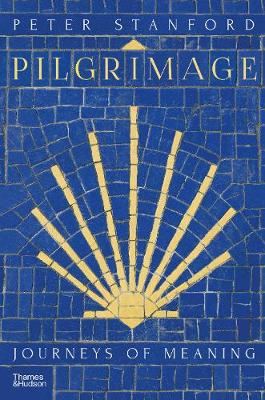Disclosure : This site contains affiliate links to products. We may receive a commission for purchases made through these links.
Pilgrimage: Journeys of Meaning

Pilgrimage, a global ritual embraced by all faiths, is one of the most enduring traits in our human story. In this compelling history Peter Stanford reflects on the reasons people have walked along the same sacred paths across the ages. How do the experiences of the first pilgrims to Jerusalem, Mecca and Santiago de Compostela compare to the millions of people who embark upon life-changing physical and spiritual journeys today? And why do we still feel compelled to walk, stop and think about our lives? Pilgrimage explores sacred landscapes across the world, the 88 temples on the island of Shikoku in Japan, to the monolithic rock-cut churches of Lalibela, Ethiopia and the riverbanks of the Kumbh Mela in India. These journeys are to places of healing and reflection, but also to sites of danger and even violence, at crossroads where different political and religious tensions meet. While pilgrimage is viewed as an escape from the everyday to refocus the mind and soul, struggles for power and social upheaval have always had an impact on the way pilgrims experience their own personal journey. Peter Stanford guides us through the history of pilgrimage, its meanings and experiences today, as a new generation seeking solace, clarity and wonder follow in the footsteps of travellers from the past.





































































